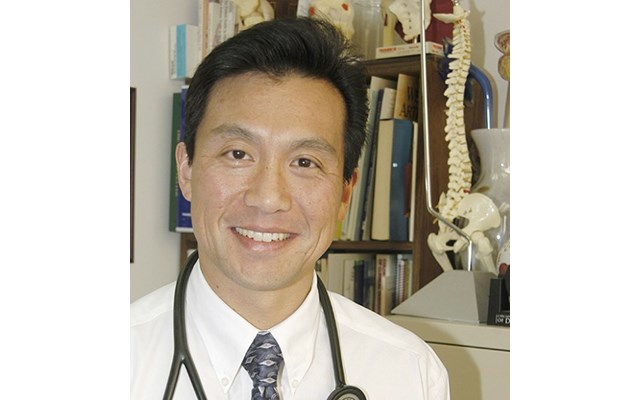Imagine an iceberg. All that we see is the fraction above the surface, but 90 per cent of its bulk lies in the depths of the ocean.
In healthcare, most of our attention is drawn to acute hospital care with less given to the bulk of care within the community: in ambulatory clinics, primary care practices, residential and home care.
But really, who provides more than 90 per cent of your healthcare? Hint: It’s not doctors, nurses and other healthcare professionals. Where do actions have the greatest impact on your present and future health?
Your personal medical and family histories are important in identifying particular areas of your health that demand special attention. Yet by far the greatest predictor of your health tomorrow are the habits you practice today.
Some bad habits and their negative effects on our health are obvious. Smoking shortens life and its quality through accelerated atherosclerosis (narrowing and progressive damage to our blood vessels) thereby increasing our risks for premature dementia, strokes, heart attacks and kidney disease.
It increases the risk for cancers including the lung, oral cavity, throat and bladder. It progressively damages the lungs, leading to emphysema or chronic lung disease.
Excessive alcohol (more than two or three drinks on any day) contributes to high blood pressure, progressive liver damage (leading to cirrhosis and liver failure), ulcers and impairment in the quality of work, social and family life.
Mood and mind altering street drugs, including marijuana, lead to dependence and addiction.
They are a form of chemical coping — similar to the use of short-acting prescription tranquilizers and sedatives.
They are ultimately disempowering; they take away one’s sense of control over one’s own life, body and emotions.
Drug and alcohol dependence impairs mood, judgment, driving safety, work, school and relationships.
The quality of your daily lifestyle is a powerful predictor of your future health. You really are what you eat.
What you consume provides the energy and building blocks for the cells and organs of your body. You wouldn’t build a car with defective parts and fill the tank with contaminated fuel.
For most of us, our bodies thrive on a variety of fruits and vegetables, which provide the vitamins and anti-oxidants we need for healthy cellular function.
We need adequate protein to rebuild and repair muscles and other tissues. We also need adequate, but not excessive, calories and fats (such as fish oils) in our diet. In general, we should avoid excessive animal fat and processed food.
If you haven’t put too much thought into what you eat, take the healthy eating challenge. See how much better you feel with a month of more mindful eating.
Over the long term, healthy eating reduces obesity, high blood pressure, kidney disease, diabetes, heart disease and strokes.
Three other key areas of self-care are: physical activity, emotional management and healthy relationships.
These will be the focus of upcoming columns that will include practical tips to achieve your goals in healthier daily living.
Dr. Davidicus Wong will be speaking on self-care at the Bob Prittie (Metrotown) Branch of the Burnaby Public Library on October 20th. Register by phone at 604-436-5400 or online at www.bpl.bc.ca/events.



